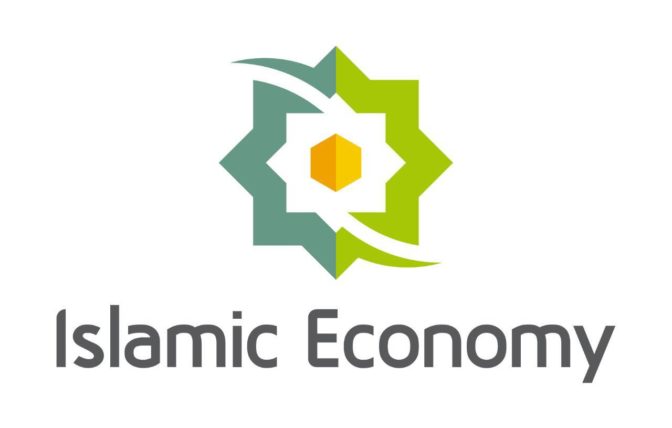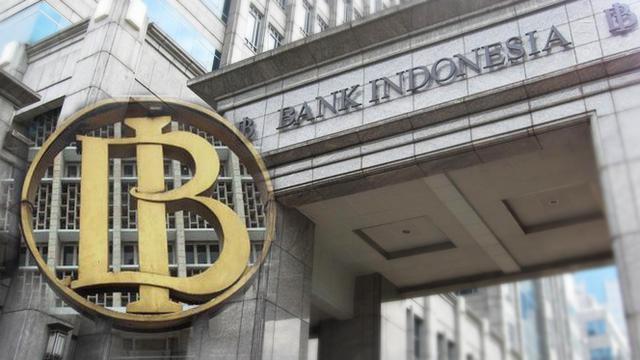
 "
"

 "
"

Jakarta – To promote the development of the Sharia economy, the Indonesian National Sharia Economy and Finance Committee, or KNEKS, launched 13 priority programs for 2022. Halal products, Islamic finance, Sharia social finance, and Sharia business activities expansion will be the focus of the programs.
Sutan Emir Hidayat, director of KNEKS’ Islamic economy support system, told Salaam Gateway that four priority programs to develop the halal products industry will be implemented next year. Standardization of HS shipping codes for product classification, a master plan for the years 2022-2029, a task force to speed up halal certification for micro and small businesses (MSEs), and mainstreaming research and product innovation are among them.
To record any halal products on export and import documents, the Directorate General of Customs and Clearance, the National Halal Agency BPJPH, and the Ministry of Finance’s National Single Window Agency will collaborate to standardize shipping data.
The Ministry of Industry, the Ministry of National Development Planning, and Bank Indonesia (the central bank) will work together to complete the long-term master plan for halal product industry development by the middle of 2022.

The Indonesian Chamber of Commerce and Industry, the Ministry of SOEs, the Ministry of Industry, the Ministry of Cooperatives and SMEs, Bank Indonesia, BPJPH, and LPPOM MUI will collaborate on the MSEs halal certification acceleration task force. 80 percent of MSEs are expected to be halal certified by the end of 2024.
KNEKS and the national agency for research and innovation will collaborate to mainstream research and product innovation. “Our target is to create rapid test tools for MSEs by the end of 2024 so they can quickly halal test their product,” said Hidayat.
Sharia Finance Industry Development
Hidayat went on to say that there are two priority programs for developing a Sharia finance industry: implementing a national Sharia service from Indonesia’s workers’ social security agency, BPJS Ketenagakerjaan, and developing Sharia public-private partnerships (PPPs).
Last November, BPJS Ketenagakerjaan launched its first Sharia services in Aceh. By the end of 2023, the Sharia service should be available nationwide. By the end of 2024, the goal for Sharia PPP is to achieve full Sharia financing for the development of the regional government of Aceh province’s hospital, RSUD Zainoel Abidin.
The East Sumatra Highway Preservation Activity Project in South Sumatra Province was the first Sharia PPP project in February 2021, though it was only partially Sharia-compliant.
Sharia Social Finance Development
There are two priority programs for developing Sharia social finance. To begin, a platform to integrate national awqaf data must be developed, and the awqaf law number 41/2004 must be revised to include cash awqaf and other market instruments that link assets to awqaf, such as Sukuk. By the end of 2024, the goal is to collect 2 trillion rupiahs ($139.5 million) in accumulated national cash awqaf.
“We want to promote productive awqaf management. If we look at Singapore, they linked Sukuk with awqaf, and the investment return from the instrument is allocated to build a shopping center. And then the shopping center is rented. The yield from the rental is again allocated to build schools. That way awqaf management can become more productive,” Hidayat added.
The second program entails the establishment of more Sharia cooperatives, which will be overseen by the OJK and the Ministry of Cooperatives and SMEs. By the end of 2024, the goal is to have 500 Sharia cooperatives in place, all of which will use digital processes.
Sharia Business Activities Expansion
There will be five priority programs in place next year to expand Sharia business activities, according to Hidayat. The first aims to establish a national institution to oversee all halal MSMEs development programs based on a digital ecosystem. By the end of 2024, the goal is to provide a one-stop-shop for halal MSMEs, from financing to market access, as well as assistance in exporting their products to international markets.
The Ministry of Trade, the National Export Financing Agency LPEI, the Indonesian Chamber of Commerce and Industry, and the central bank will oversee the second program to boost halal product exports from MSMEs. The goal is to export the products to 16 markets, most of which are in the OIC.
The third project is to build a Sharia-compliant data center, which is expected to be completed by the end of 2024. Sharia finance, Sharia MSMEs, halal product export, and Sharia social finance, such as zakat, infaq, charity, and awqaf, will all be represented in the data center. The data is currently dispersed across several institutions. For example, the financial services authority OJK provides Islamic bank data, while the central bank provides Islamic payment system data.
By the end of 2024, a halal culinary zone will be established in eight cities, including Solo, Jogjakarta, Surabaya, and Malang. “This initiative will be led jointly by the Ministry of Cooperatives and SMEs, the Ministry of Tourism and Creative Economy, and local governments,” Hidayat said.
Finally, the fifth project aims to establish a regional Sharia Economy and Finance Committee unit. KNEKS is currently in talks with several regional governments, including West Sumatra, West Java, and Gorontalo, about forming a Regional Sharia Economy and Finance Committee.